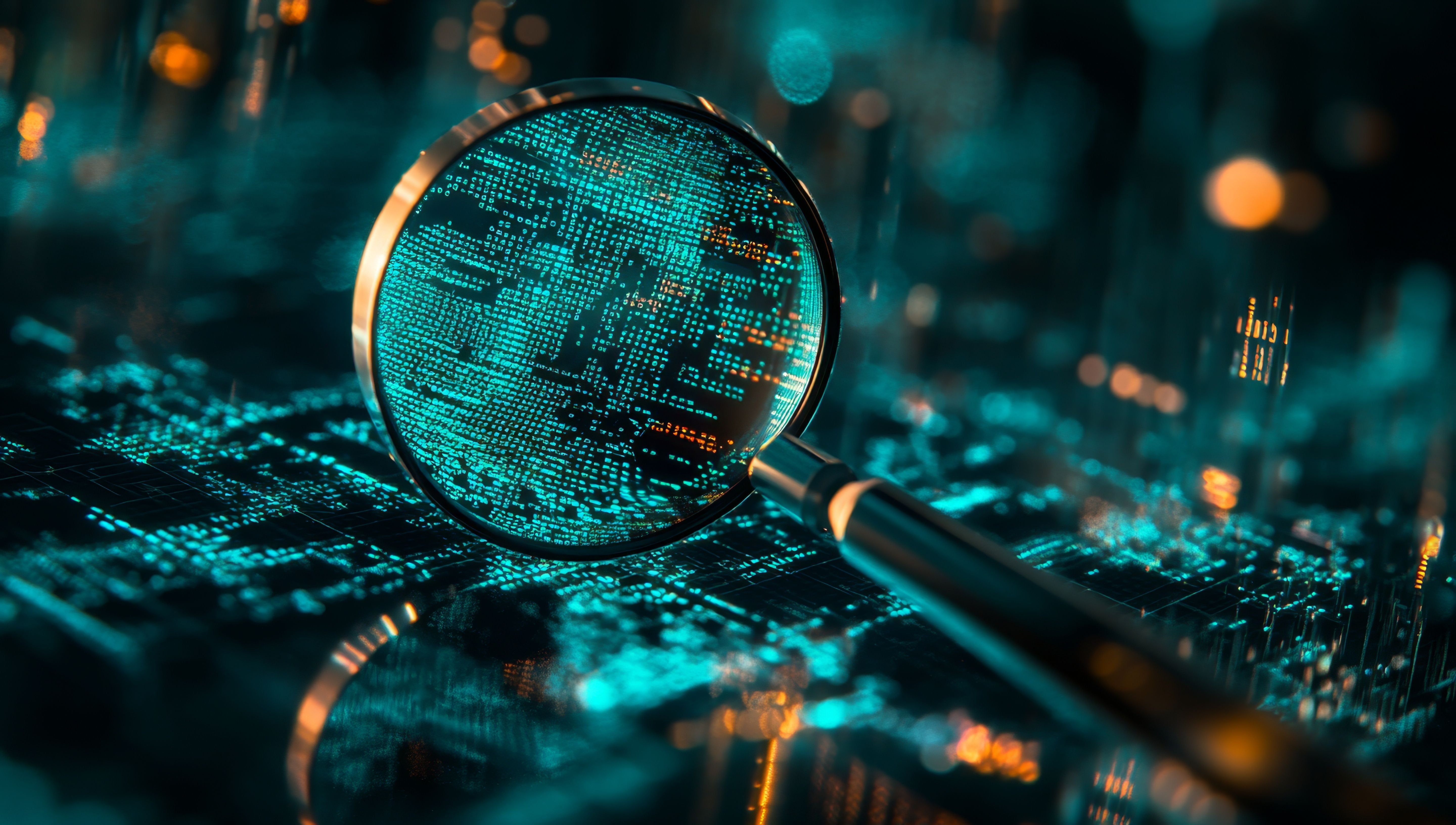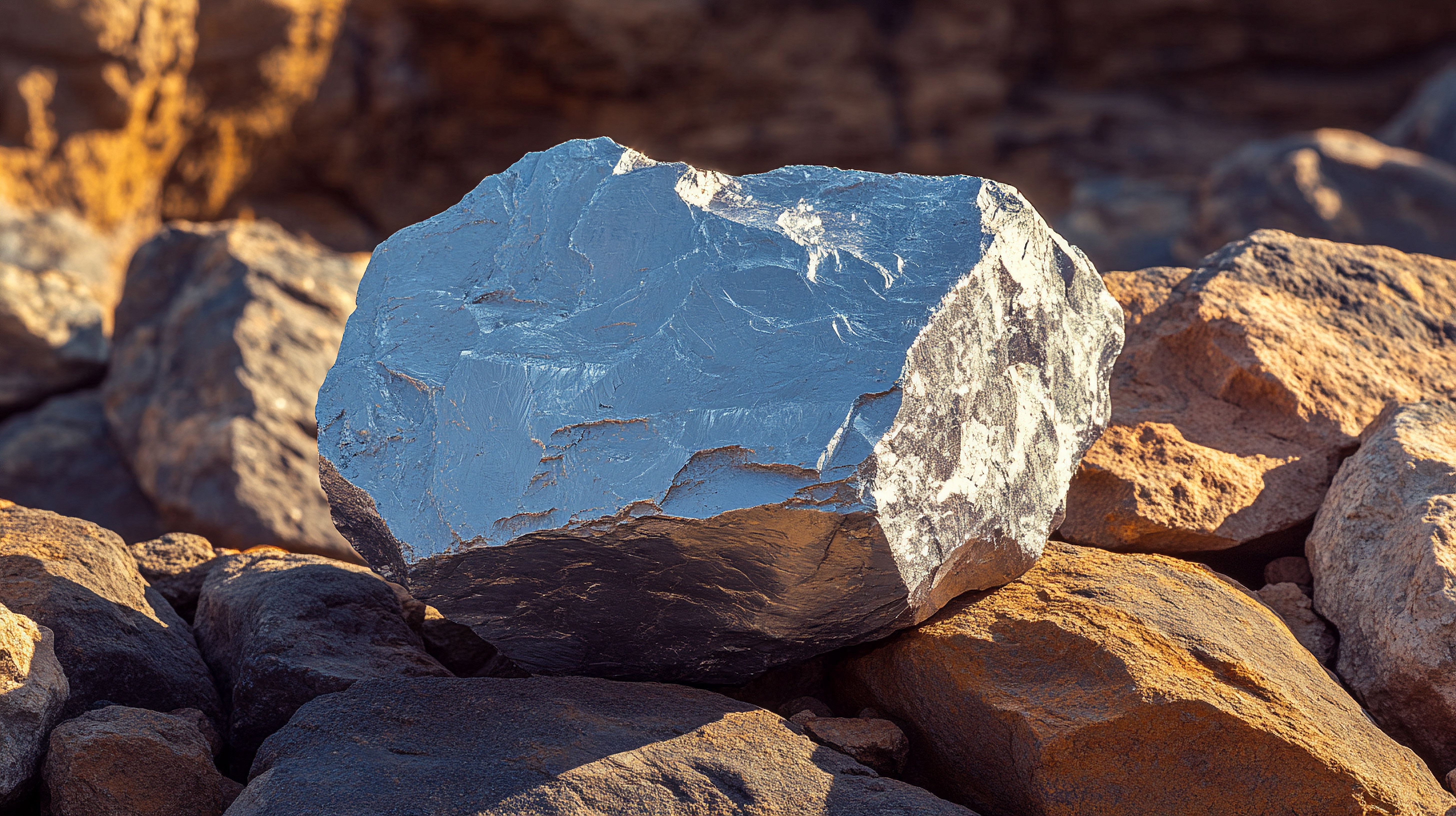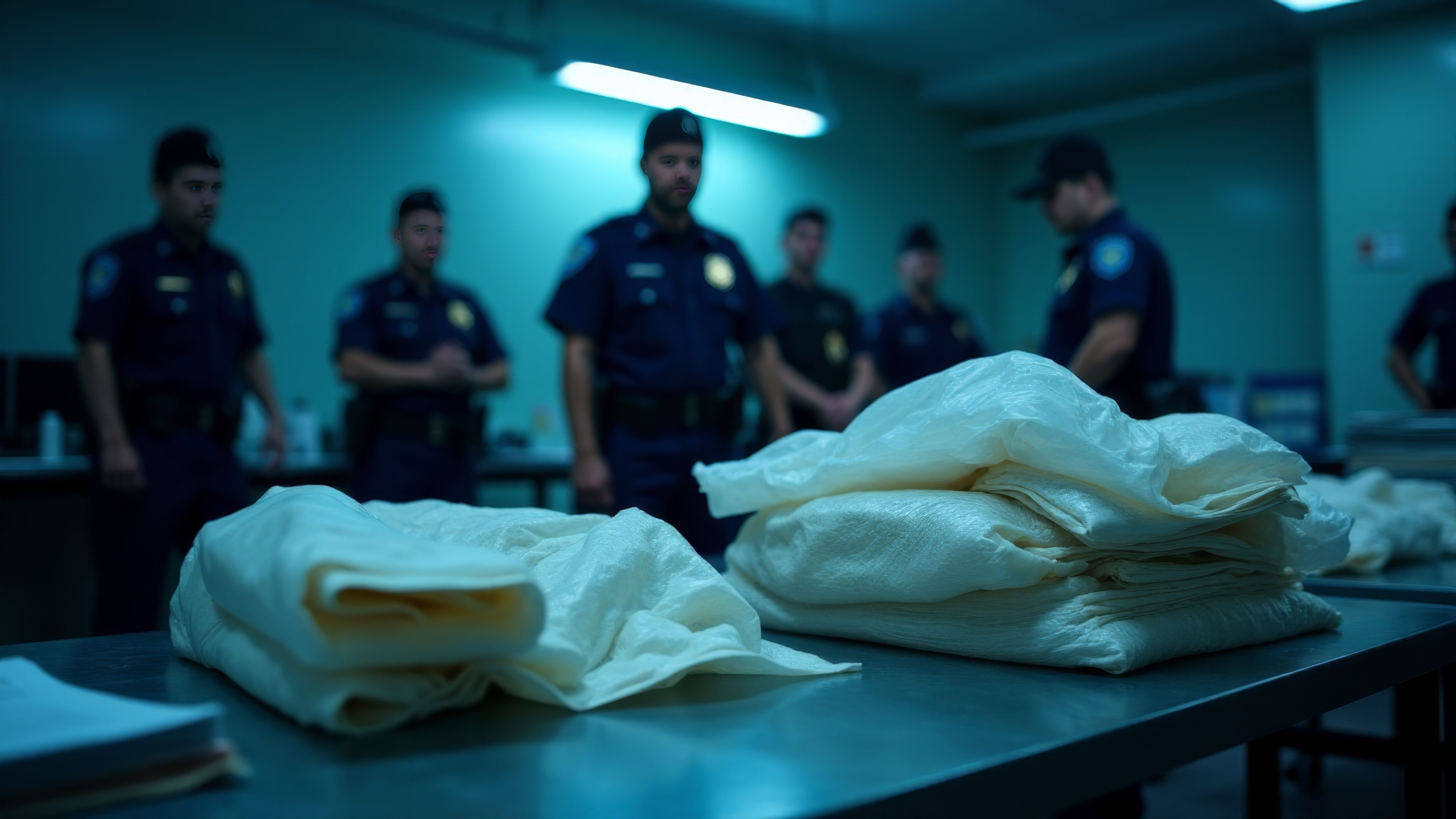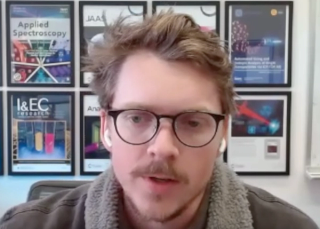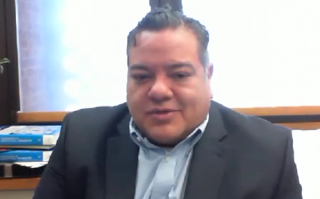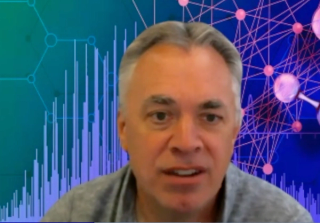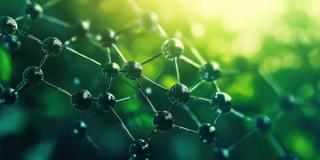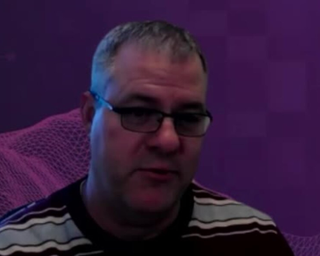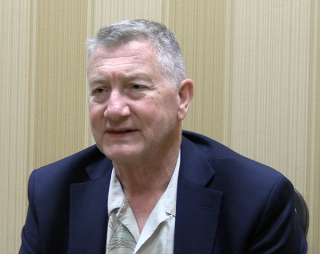
Mass Spectrometry
Latest News
Latest Videos

More News
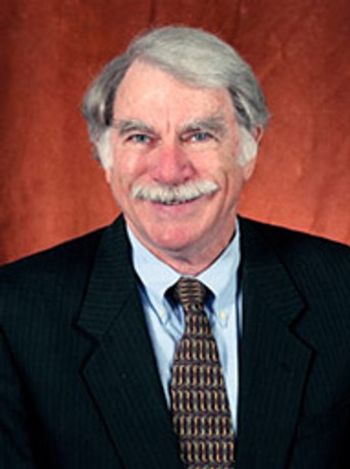
A pioneer of FT-ICR Mass Spectrometry, Alan G. Marshall (1944–2025), is best known for co-inventing Fourier transform ion cyclotron resonance mass spectrometry (FT-ICR MS), a transformative technique that enabled ultrahigh-resolution analysis of complex mixtures. Over a career spanning more than five decades at institutions like the University of British Columbia, The Ohio State University, and Florida State University, he published over 650 peer-reviewed papers and mentored more than 150 scientists. Marshall’s work profoundly impacted fields ranging from astrobiology to petroleomics and earned him numerous prestigious awards and fellowships. Revered for his intellect, mentorship, and dedication to science, he leaves behind a legacy that continues to shape modern mass spectrometry.
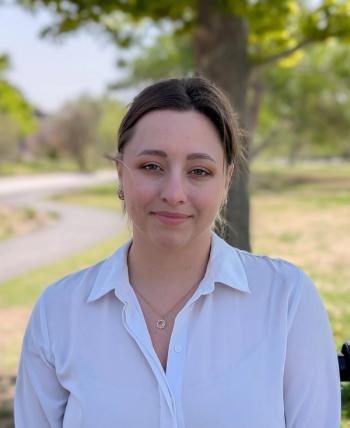
In this extended Q&A interview, we sit down with Kelsey Williams, a postdoctoral researcher at Los Alamos National Laboratory (LANL), who is working on planetary instrumentation using spectroscopic techniques such as laser-induced breakdown spectroscopy (LIBS) and laser ablation molecular isotopic spectrometry (LAMIS). In the final part of our conversation with Williams, she discusses how laser-based spectroscopic techniques might be used in the future to advance space exploration.

In this extended Q&A interview, we sit down with Kelsey Williams, a postdoctoral researcher at Los Alamos National Laboratory (LANL), who is working on planetary instrumentation using spectroscopic techniques such as laser-induced breakdown spectroscopy (LIBS) and laser ablation molecular isotopic spectrometry (LAMIS). In Part III, Williams goes into detail about ChemCam and SuperCam and how LIBS is used in both these instruments.

In this extended Q&A interview, we sit down with Kelsey Williams, a postdoctoral researcher at Los Alamos National Laboratory (LANL), who is working on planetary instrumentation using spectroscopic techniques such as laser-induced breakdown spectroscopy (LIBS) and laser ablation molecular isotopic spectrometry (LAMIS). In Part II of our conversation with Williams, she talks about the potential of mass spectrometry (MS) in space exploration applications.

In honor of National Space Day, we interviewed Kelsey Williams, who is a postdoctoral researcher at Los Alamos National Laboratory (LANL) working on planetary instrumentation using spectroscopic techniques such as laser-induced breakdown spectroscopy (LIBS) and laser ablation molecular isotopic spectrometry (LAMIS). In Part I of our interview with Williams, she discusses how her background led her to her current position at LANL.

Scientists at Oak Ridge National Laboratory have demonstrated that a fast, laser-based mass spectrometry method—LA-ICP-TOF-MS—can accurately detect and identify airborne environmental particles, including toxic metal particles like ruthenium, without the need for complex sample preparation. The work offers a breakthrough in rapid, high-resolution analysis of environmental pollutants.
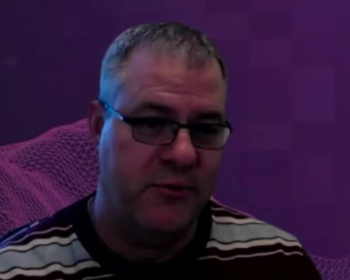
In this video segment, Metz discusses advancements in field deployable units, such as miniaturized mass spectrometers and separation devices, which are notable for their size reduction.

In this video clip, Metz discusses his focus on molecular measurement science using mass spectrometry (MS) to study small molecules, emphasizing the challenge of identifying and quantifying unknown compounds.
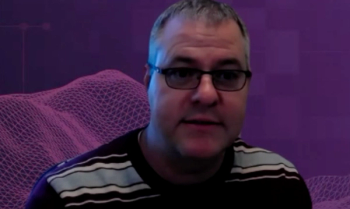
In this video clip, Metz discusses his research in helping to develop advanced MS instrumentation, and how he is applying his work to study diseases.

A recent study highlights the potential of dissolved organic matter (DOM) as a key indicator for water quality management in Lake Baiyangdian.

Spectroscopy spoke with Uwe Karst, a full professor at the University of Münster in the Institute of Inorganic and Analytical Chemistry, to discuss his research on hyphenated analytical techniques in battery research.
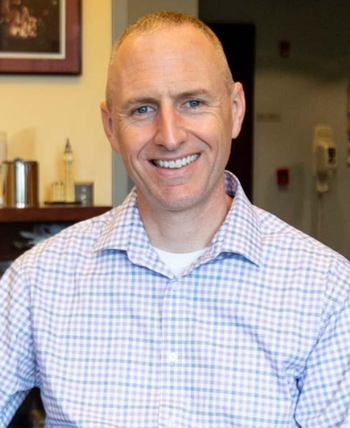
As part of “The Future of Forensic Analysis” content series, Spectroscopy sat down with Glen P. Jackson of West Virginia University to talk about the historical development of mass spectrometry in forensic analysis.
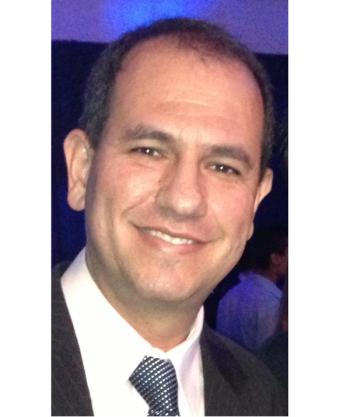
Spectroscopy sat down with Landulfo Silveira Jr. of Universidade Anhembi Morumbi-UAM and Center for Innovation, Technology and Education-CITÉ (São Paulo, Brazil) to talk about his team’s latest research using Raman spectroscopy to detect biomarkers of cancer in canine sera.

This new study examined food contact materials (FCMs) and how mass spectrometric techniques have been used to measure harmful substances from FCMs that end up in food.

A recent study examined the role of high-resolution mass spectrometry imaging in assessing environmental contaminants.

A recent review article explored the recent advancements in mass spectrometry (MS) and how it is being applied in pharmaceutical analysis.
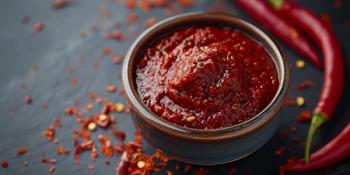
A recent study from Korea examined how inductively coupled plasma–optical emission spectroscopy (ICP-OES) and mass spectrometry (MS) to determine the geographical origin of red pepper paste.

Scientists from Tamil Nadu, India recently developed a new fluorescence-based chemosensor for selectively detecting trivalent chromium (Cr3+) ions.

A research group from the Massachusetts Institute of Technology are exploring ways to build a new mechanical method that can detect concealed explosives at airports.
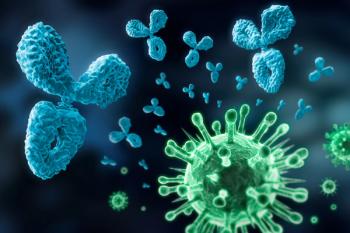
Scientists from the University of Utretcht in The Netherlands recently created a new autoantibody analysis system based around antigen-binding fragments.
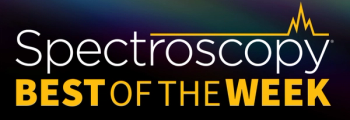
Here are the top five articles that the editors of Spectroscopy published this week.
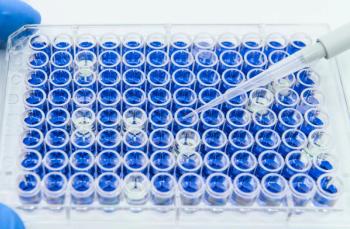
Brazilian scientists recently discussed and showed findings that show near-infrared (NIR) spectroscopy as a potentially effective technique for detecting ecstasy.
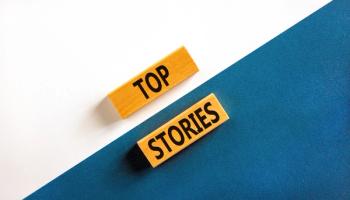
Here are the top five articles that the editors of Spectroscopy published this week.
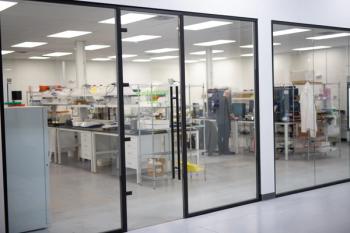
LCGC and Spectroscopy Editor Patrick Lavery spoke with Oligo Factory CEO Chris Boggess about the company’s recently attained compliance with Good Manufacturing Practice (GMP) International Conference on Harmonisation of Technical Requirements for Registration of Pharmaceuticals for Human Use (ICH) Expert Working Group (Q7) guidance and its distinction from Research Use Only (RUO) and International Organization for Standardization (ISO) 13485 designations.
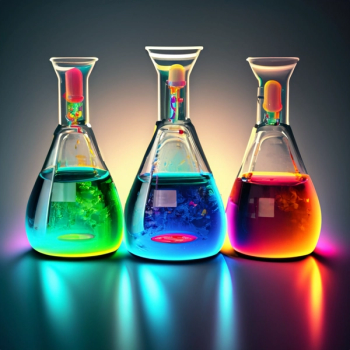
At the Winter Conference on Plasma Spectrochemistry, Jacob Shelley of Rensselaer Polytechnic Institute sat down with Spectroscopy to talk about the latest work he and his group are conducting.

